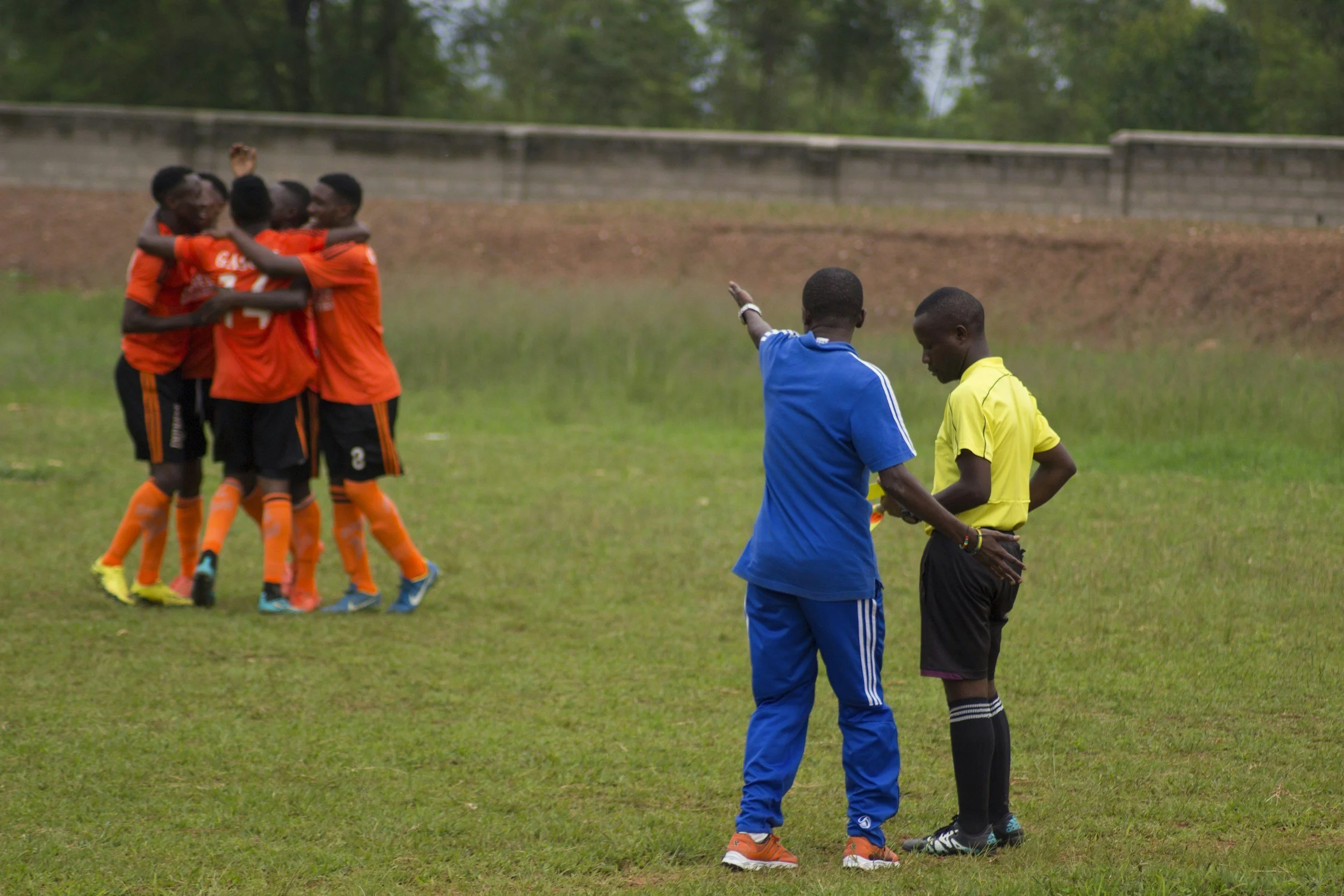
The Beauty of Winter
Winter mental health themes often focus around Seasonal Affective Disorder, winter blues, Depressive symptoms, isolation, anxiety, etc. All of these themes are important to discuss, as they are very real. And there is also room to spend some time inviting the beauty of nature and the winter season into the discussion remembering that winter is one of the seasons of the Earth and has its lessons for us.

Welcome Autumn!
The green of summer fades into fiery reds, dazzling yellows, and soft oranges. The flowers of summer bear fruit and we begin to enjoy winter squash, apples, cranberries, and sweet potatoes. Along with the unique astronomical phenomena and the beautiful change in color palette, this time of year often elicits different themes that invite reflection.

DNFing an Event or Race
The dreaded DNF, Did Not Finish! Why is this person writing about DNFing? Because we need to talk about it so that instead of dreading the DNF we understand how to use it to our advantage.

The Complexities of Athlete Learning Part 2
Part 2! Last time, we looked at errorless learning and external and internal focus of attention. Now we will build on last week and continue with the analogy of the ice skater. Today we will dive head first into analogy learning and implicit and explicit learning techniques.

The Complexities of Athlete Learning Part 1
Three key teaching concepts, errorless learning, external focus of attention, and analogy learning, may be used to support this skilled athlete in enhancing performance and improving preparation.

Implicit versus Explicit Training
What is implicit and explicit training in the world of sports? Implicit learning is learning that happens with little to no instruction from an outside source such as a coach and is more focused on the athlete’s experience. A few good examples of this is learning to ride a bike, using an analogy to teach a skill, or allowing an athlete to learn via sensory experience versus verbal feedback. In contrast, explicit learning is where an outside source such as a coach provides an athlete with verbal instruction.

Fitts’ Law in Motion
These stages help guide how Fitts' Law informs the role of motor learning and integration.

Growth Mindset
Dweck talks about the growth mindset and the fixed mindset. As the growth mindset speaks about fostering one’s ability to persist and build a skill set versus the fixed mindset that talks about the belief in innate ability.

Getting Your Attention
Attention and concentration in sports is a hot topic, and as with other hot topics in sports, there are different theories about attention. Attention is, basically, what we are seeing or observing. There is also value in understanding theory in order to understand how it can be applied in your life. So, while it may be a bit information dense, it will be worth taking the time. Below we will explore three different theories of attentional processes.

Motivational Theories in Sports Psychology
What is motivation? Why should we care about motivation? Motivation is what drives us to accomplish our goals. Researchers are always interested in learning about different concepts, including motivation and why we want to reach our goals. Two different theories have been proposed based on some of the research coming out of the field of sports psychology. Let’s learn a little bit about two of these theories to see if they can be of benefit to you.

Mental Blocks
The mental block is there for a reason. It is telling us something that we need to pay attention to. Oftentimes we spend energy fighting the mental block, give up, or skip the opportunity to explore why it exists.

Stop Apologizing
Stop apologizing. Yes, that is correct. Stop apologizing. How often do we hear those words? Probably, not often. Now that everyone is taken off guard, it is time to explain. Stop apologizing for being you! This type of apologizing has an incredibly sneaky way of showing up, and when they do, and we give into them, we chip away at our belief in ourselves.

Success and Failure: What is Your View?
For most people, success and failure conjure up some pretty specific images of what each is to them. Chances are these images have many influences on how they were created over time. Family may have helped craft these definitions and images. Culture and society may have some strong influence. Life experiences may also have something to say. And this list could continue, as there are many potential influences on how we define success and failure. Once we internalize these influences, they feel like they become part of us. Some much so that more often than not, we can’t tell what is actually ours and what we internalized from other sources.

What if You Had___?
Today is going to look a little different. Today we are going to explore some questions in hopes of learning more about ourselves and areas that we may need to give a little tender loving care.

Self-Reflection
Reflection. What do you notice when you read that word? Reflection. What images, thoughts, stories, or memories come to mind? Reflection has so many different connotations. Reflection in the mirror. Reflection in water. Our behavior as a reflection of ourselves.